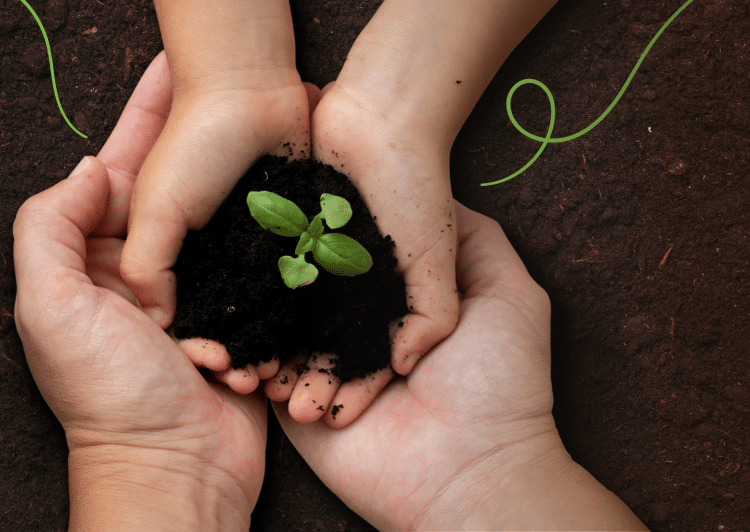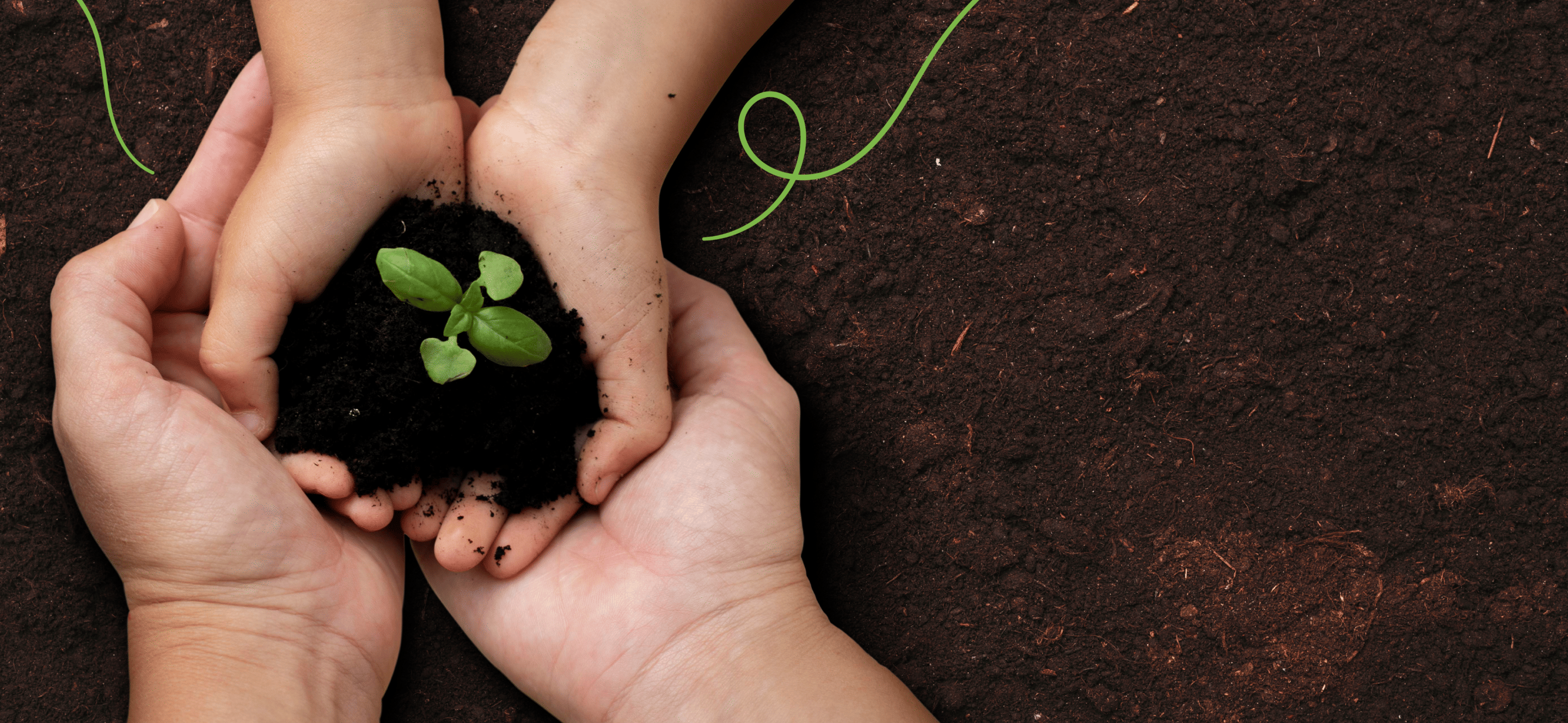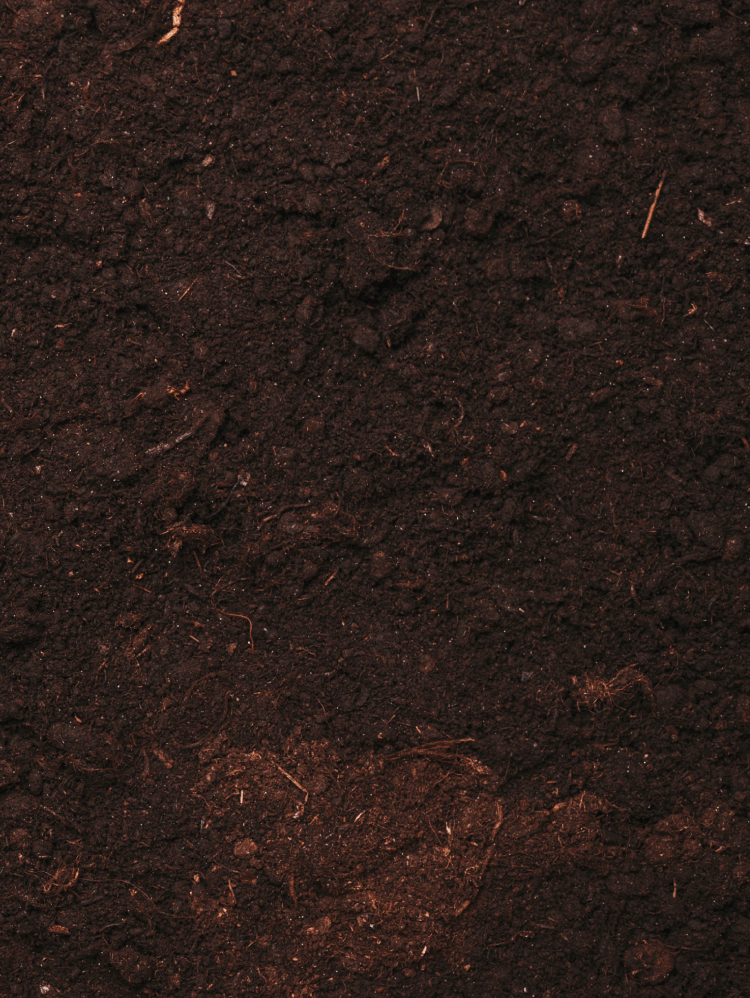

Save Soil News
Save Soil News is the movement’s flagship publication, offering the latest news, insights, and stories on soil conservation and regenerative agriculture from around the world.
Save Soil News
Save Soil News is the movement’s flagship publication, offering the latest news, insights, and stories on soil conservation and regenerative agriculture from around the world.
All Categories (6)
Latest Articles
Soil Conversations
Interviews
Farm Stories
Save Soil Analysis
Opinion
Latest Articles
Soil Conversations (Panel Discussions)


Soil Conversations
Monthly Soil Insights
Monthly discussions
Online
It is a series of online panel discussions held monthly. We invite experts and practitioners to share insights on topics centered around soil.

Monthly Soil Insights
Monthly discussions
Online
It is a series of online panel discussions held monthly. We invite experts and practitioners to share insights on topics centered around soil.
Mission 007 - Strategies for Codifying Soil Security in National Policies and Global Instruments (Soil Security Series)
Sep 28, 2025 10:00 - 11:30 UTC
Online
Prof. Alex McBratney, Dr. Irene Heuser, Praveena Sridhar
Save Soil (Isha Outreach, IUCN Member), Aroura the Soil Security Think Tank, and IUCN WCEL are co-hosting a 3-part series on soil as the single leverage point for addressing major global challenges of our time, highlighting rich, diverse stories of challenges and successes from around the world. Part 3 will delve into the need for soil security to be enshrined in national and regional policies, and the need for a larger global instrument dedicated to soil security.
“Those who know care, those who care lobby” - The Social and Capital Value of Living Soil (Soil Security Series)
Sep 21, 2025 11:00 - 12:10 UTC
Online
Dr. Julio C. Pachon-Maldonado, Dr. Hanieh Moghani, Didi Pershouse, Avanti Pethe
Save Soil, on behalf of IUCN Member Isha Outreach, Aroura the Soil Security Think Tank, and IUCN WCEL are co-hosting a 3-part series on soil as the single leverage point for addressing major global challenges of our time, highlighting rich, diverse stories of challenges and successes from around the world. In Panel 2 of this series, panelists will explore the Capital and Connectivity dimensions of the Soil Security Framework, highlighting the critical gap in human-soil connection and economic recognition of the value of soil.
Interviews
Interview with Kenneth Keavey
December 1, 2025
In this interview, Kenneth shares how a childhood concern for the planet became a family-run organic farm - now Ireland’s largest home delivery service for organic produce. He speaks about soil in a way that feels real and tangible: how it smells, how it crumbles in your hand, and how it makes a carrot taste like a carrot again.
Interview with Prof. Maria José Roxo
November 18, 2025
Recently, the Portuguese journal Voz do Campo published a thought-provoking article on the importance of valuing land beyond its agricultural and forestry production capacity.
One of the article’s authors, Prof. Maria José Roxo, is a senior researcher at the Interdisciplinary Centre for Social Sciences (CICS.NOVA) and a distinguished professor in the Department of Geography and Regional Planning at NOVA University of Lisbon.
Farm Stories
From Homemaker to a Successful Regenerative Farmer, a Seed Conservator, and an Entrepreneur: Shyamala’s Journey of Renewal
September 30, 2025
Shyamala is from the town of Mettur in Salem district, Tamil Nadu. As a homemaker looking to grow food for her family and planning to sell the surplus, she started cultivating vegetables on a small scale. Her search led her to the Isha Agro Movement, now the Save Soil Regenerative Revolution - SSRR. For Shyamala, farming may be profitable, but more than that, farming was a path of personal growth through which she has found peace in working with nature.
Save Soil Analysis
COP30: A Turning Point for Climate Action—but Agriculture and Soils Still Left Behind
December 5, 2025
Opinion
THE USAGE OF COVER CROPS IN ORGANIC FARMING
November 4, 2025
Cover crops are cultures that farmers grow mainly to protect and improve the soil, rather than to harvest for food or sale. The article focuses on the usage of cover crops in organic farming, especially its usage in orchards, vineyards and olive groves. It was written for Save Soil by Jorge Ferreira, an agricultural engineer and farming consultant from Portugal.
Save Soil at GIFTS-2025 | Geospatial Innovation for Sustainable Futures - Pune, 3rd September 2025
September 30, 2025
GIFTS-2025 is a three day premier international conference on Geospatial Innovation and Frontier Technologies shaping sustainable development. Save Soil joined GIFTS Summit shaping sustainable development as a Supporting and Knowledge Partner. At GIFTS, we explored how geospatial technologies can change this narrative, helping us understand what exists, what is missing, and what actions are needed to bring soil into the center of climate solutions.
